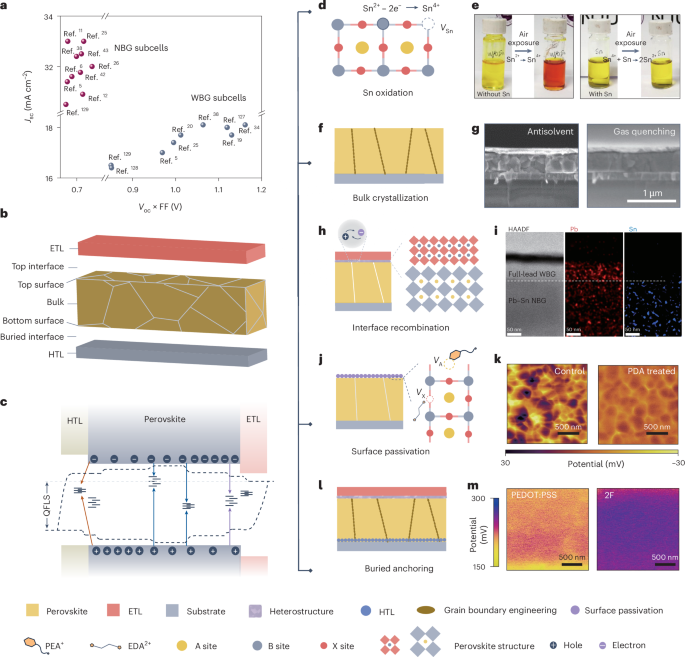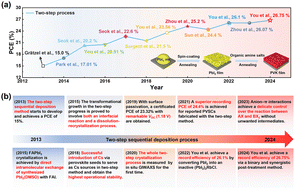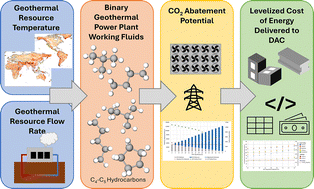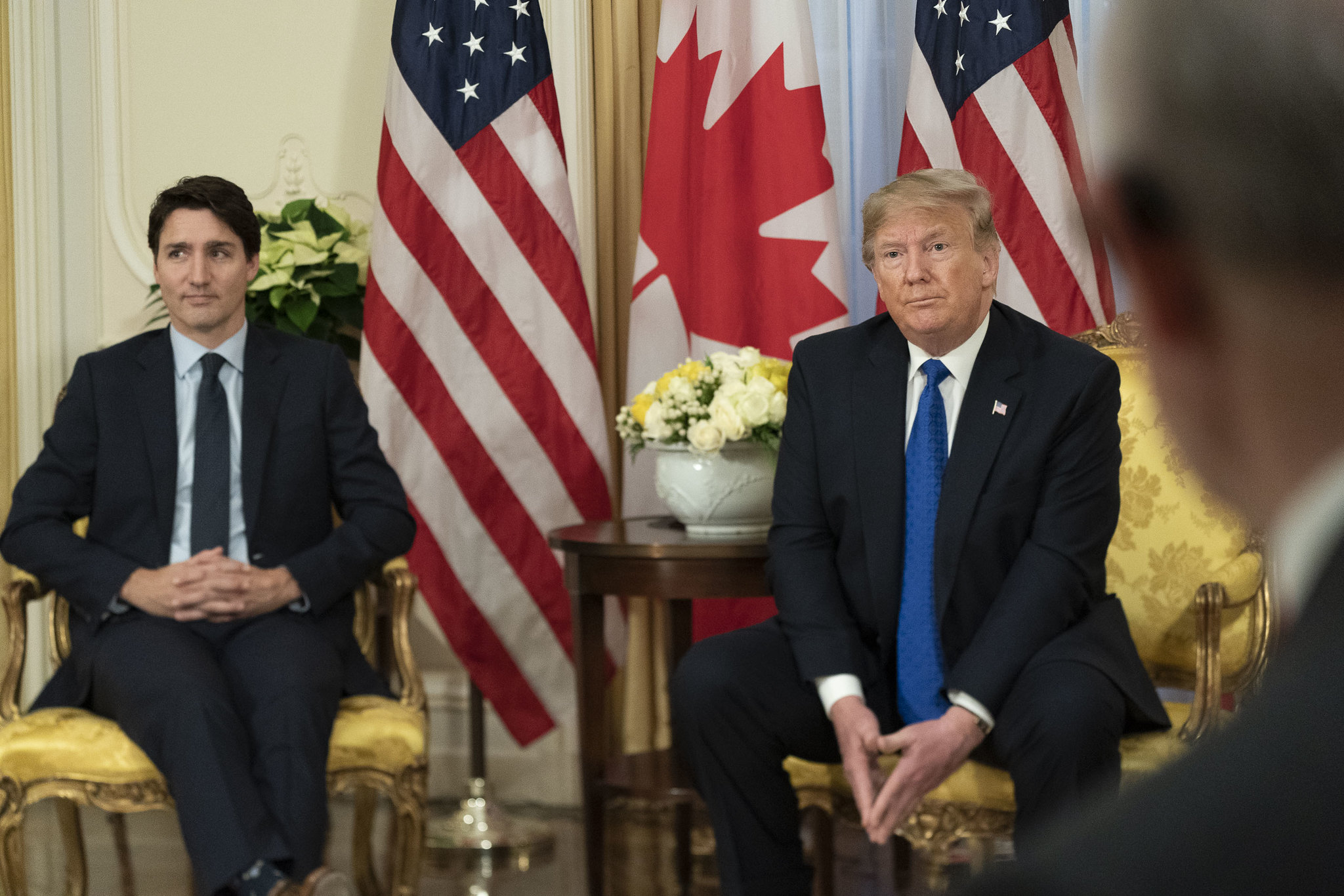Government Seeks To Exempt Political Parties From Privacy Laws Even As CRTC Reports They Are Leading Source of Spam Complaints
I have previously written about Bill C-4, legislation framed as an affordability measures bill, but which also exempts political parties from the application of privacy protections on a retroactive basis dating back to 2000. The provisions give political parties virtually unlimited power to collect, use and disclose personal information with no ability for privacy commissioners to address violations. Minister François Philippe Champagne has avoided mentioning the privacy provisions when discussing the bill and not a single Liberal MP has discussed it during House of Commons debates. The post Government Seeks To Exempt Political Parties From Privacy Laws Even As CRTC Reports They Are Leading Source of Spam Complaints appeared first on Michael Geist.


I have previously written about Bill C-4, legislation framed as an affordability measures bill, but which also exempts political parties from the application of privacy protections on a retroactive basis dating back to 2000. The provisions give political parties virtually unlimited power to collect, use and disclose personal information with no ability for privacy commissioners to address violations. Minister François Philippe Champagne has avoided mentioning the privacy provisions when discussing the bill and not a single Liberal MP has discussed it during House of Commons debates.
This is not the first time that Canadian governments have exempted themselves from the privacy rules that apply to private sector organizations. Nearly 20 years ago, the government created a do-not-call list that allowed Canadians to register their numbers to block unwanted telemarketing calls. The catch? The political parties were exempted from the do-not-call rules, an exemption that remains in place until this day. Several years later, the government passed anti-spam legislation with subsequent regulations that explicitly exempted political parties, including spam whose primary purpose is to solicit campaign contributions.
Of course, the biggest exemption is PIPEDA, the private sector privacy law. The Privacy Commissioner of Canada has found that this law also does not generally apply to political parties. This loophole is what gave rise to the B.C. case applying provincial privacy law to the federal parties, which in turn has led to Bill C-4 and the embarrassing effort to bury anti-privacy provisions in the bill.
The problem is exacerbated by the political parties voracious appetite for personal data and their blatant disregard for the privacy interests of Canadians. This is perhaps best exemplified by the CRTC’s latest report on enforcing Canada’s anti-spam law. During the most recent reporting period from October 1, 2024 to March 31, 2025, political party SMS spam was by far the largest source of complaint at the Commission’s spam reporting centre. In fact, at 60% of reported SMS spam, the political parties were responsible for more reported SMS spam than all other sources combined. This includes phishing, commercial spam, and scams.
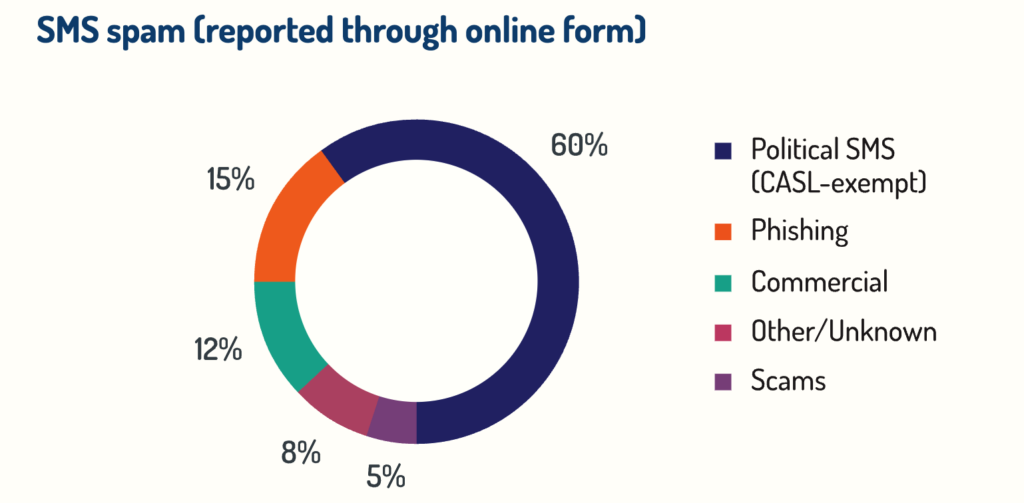
CRTC, Enforcing Canada’s Anti-Spam Legislation, https://crtc.gc.ca/eng/internet/pub/20250331.htm
This has to change. The government is seeking to build on political party exemptions for telemarketing and email marketing by removing the privacy safeguards commonly applied to millions of Canadian organizations and eliminating any real accountability for privacy violations. As Conservative MP Steven Bonk told the House of Commons, “[t]he real solution lies in demonstrating that political parties are willing to play by the same rules as everyone else, that we are not seeking exemption but embracing transparency. This is our chance to get it right, not just for today but for the next generation of voters, many of whom are already deeply skeptical of political institutions.” There is a long history of creating different privacy rules for political parties in Canada. That needs to change now by removing the privacy provisions from Bill C-4.
The post Government Seeks To Exempt Political Parties From Privacy Laws Even As CRTC Reports They Are Leading Source of Spam Complaints appeared first on Michael Geist.



















































































![The American contingent and Turkey’s autonomy goals: Paris Air Show Day 3 [Video]](https://breakingdefense.com/wp-content/uploads/sites/3/2025/06/Wednesday-Wrap.00_00_32_21.Still001.png?#)
![A look at the jets flying high above the Paris Air Show [PHOTOS]](https://breakingdefense.com/wp-content/uploads/sites/3/2025/06/Rafale_02-scaled-e1750268097167.jpg?#)







































